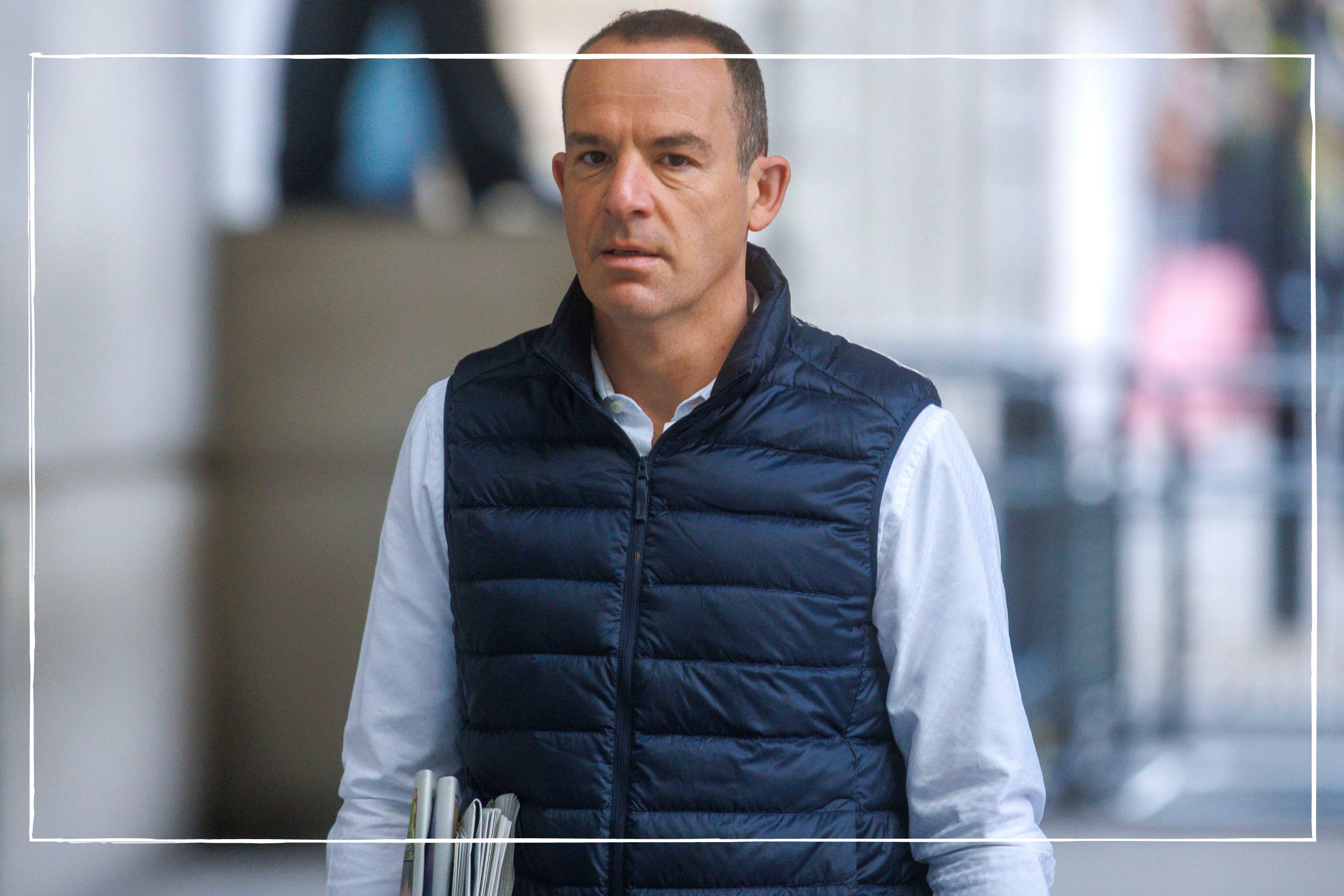Martin Lewis reveals the reason why energy bills will be higher for some families over winter, even though prices have dropped
Wholesale energy prices might be coming down, but many families will still face expensive bills over the winter months

Parenting advice, hot topics, best buys and family finance tips delivered straight to your inbox.
You are now subscribed
Your newsletter sign-up was successful
Martin Lewis has revealed why some families will face higher energy bills this winter compared to last, despite wholesale gas and electric prices dropping.
It's been more than 12 months since families started worrying about how much their energy bills will cost as wholesale energy prices skyrocketed due to multiple factors, including the world opening up after the pandemic and Russia's invasion of Ukraine. During this time, the energy price cap, which ensures households pay a fair price for the gas and electricity they get from their suppliers, increased dramatically, peaking at more than £4,000 a year.
But that price would have been completely unaffordable for millions of families, and so the government intervened, introduced a new temporary price cap, called the Energy Price Guarantee, and gave every household in the country a £400 energy rebate between October 2022 and March 2023.
But as money-saving expert Martin explained on The Martin Lewis Money Show, even though the energy price cap has dropped below the level of the Energy Price Guarantee (that was used to calculate our bills last winter), we're no longer getting the £400 energy rebate This means that even though prices are cheaper, many families may actually be paying more this winter, compared to last year. He says: "A typical household in the UK will be paying more over the next six months than it did at the same time last year when we were talking about nightmare energy conditions. So we are far from through what is happening."
What’s going to happen to your energy bills this winter and is it worth fixing?This is just the start. For all the crucial info watch the whole of the latest @itvMLshow on ITVx pic.twitter.com/dNzcJUCCZoNovember 2, 2023
When an audience member asked the money-saving expert if they should consider a fixed energy tariff, Martin explained that before choosing to fix, you need to look at what energy prices are predicted to do over the next 12 months.
Martin references predictions from analysts at Cornwall Insight, who constantly monitor the energy market to see whether prices are going to go up or down. It's currently forecasting a 4% increase in the energy price cap in January, followed by a 4% drop when the cap is reviewed again in April, with a 2% increase predicted in July, with a 2% reduction predicted for September.
But a lot can happen between now and September 2024, making these predictions less solid.
Parenting advice, hot topics, best buys and family finance tips delivered straight to your inbox.
But ultimately, Martin explains that, based on current predictions at the time of filming, it's worth fixing your energy prices at a maximum of 1% above the current price cap. But until the official price cap is announced by the energy regulator Ofgem every quarter, predictions change constantly and there is no certainty that the predictions will come to pass.
Important terminology explained
- Energy price cap - this is expressed as an average annual figure of how much a typical household will pay for their energy bills. But in fact, it puts a limit on the average price you pay per unit of gas or electricity that you use. It's reviewed four times a year and can go up or down.
- Energy Price Guarantee - this was a temporary price cap that was introduced by the government when the price cap got so high it was unaffordable. The price guarantee was set at £2,500 between October 2022 and the end of June 2023.
- Energy tariff - this is the price you pay for the gas and electricity you use. Many families will be on something called a standard variable tariff where the price you pay is set by the energy price cap. But energy suppliers also offer fixed-rate energy tariffs, where the price you pay per unit of gas or electricity that you use is locked in for a set period of time, usually one or two years. When energy prices got so high, suppliers stopped offering these kinds of tariffs because they would have been much more expensive than the price cap or price guarantee.
- £400 energy rebate - this was introduced by the government in October 2022 to help families cope with high energy bills over the colder months. Households received either £66 or £67 off their energy bills each month between October 2022 and March 2023, totalling a £400 discount
- Ofgem - this is the energy regulator. It reviews and sets the energy price cap every three months.
Whatever energy tariff you are on, it's worthwhile trying all the ways to save energy in your home, and understanding how much your most energy-hungry appliances cost to run, such as tumble dryer and washing machine running costs. If you don't want to rely on your tumble dryer, you can try one of the cheapest ways to dry clothes instead.
Sarah is GoodtoKnow’s Money Editor. After Sarah graduated from University of Wales, Aberystwyth, with a degree in English and Creative Writing, she entered the world of publishing in 2007, working as a writer and digital editor on a range of titles including Real Homes, Homebuilding & Renovating, The Money Edit and more. When not writing or editing, Sarah can be found hanging out with her rockstar dog, getting opinionated about a movie or learning British Sign Language.